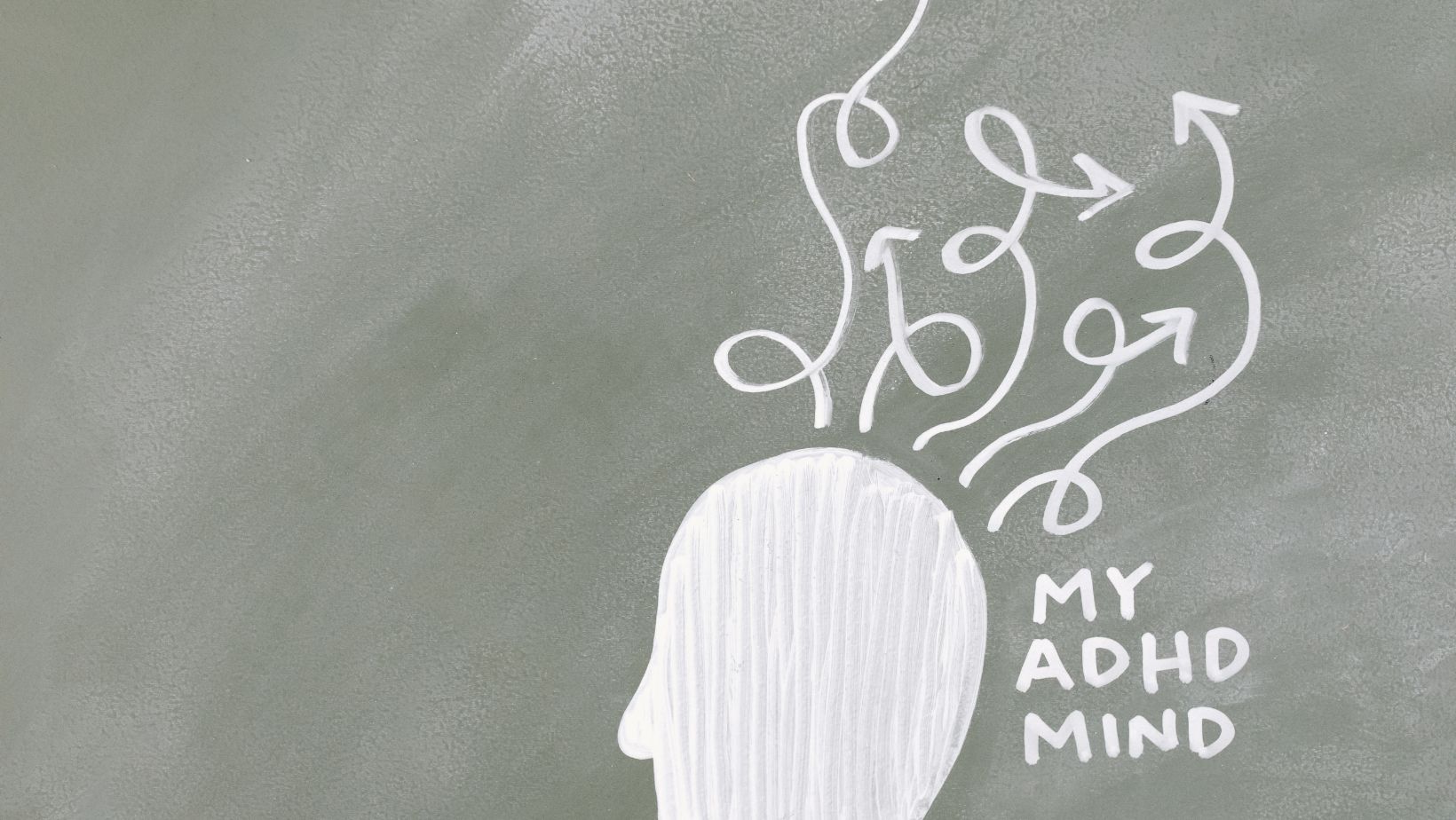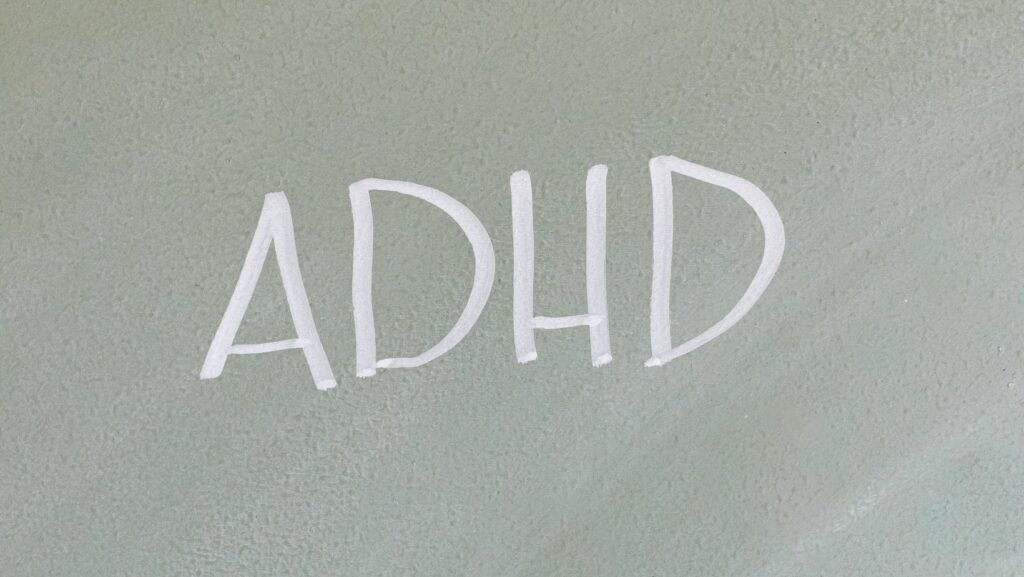ADHD and anxiety often appear together, creating a complex challenge that requires careful management. An important link between ADHD and anxiety is how one condition can amplify the symptoms of the other, making everyday tasks feel even more daunting. Many individuals with ADHD might experience heightened anxiety due to difficulties in focusing or organizing daily activities. Additionally, the stress that comes with managing ADHD’s impulsivity and hyperactivity may contribute to increased anxiety levels.
Understanding why these conditions frequently co-exist involves looking at shared factors such as genetics and brain chemistry. Treatments typically include medication, therapy, or a combination of both, tailored to meet the needs of those experiencing these conditions. Consulting an experienced ADHD doctor online can provide insights and strategies to manage these intertwined conditions effectively.
For those dealing with ADHD and anxiety, developing coping skills is important. Mindfulness practices and routines can help reduce symptoms, offering stress management tools and improving focus. By addressing both ADHD and anxiety together, individuals can find balance and improve their quality of life.
Understanding ADHD and Anxiety
ADHD and anxiety often occur together, impacting focus, behavior, and emotional well-being. By recognizing how these conditions present themselves and interact, individuals can take steps to manage both effectively.
Definition and Symptoms of ADHD
Attention Deficit Hyperactivity Disorder (ADHD) is a neurodevelopmental disorder. It affects a person’s ability to focus and control impulsive behaviors. Common symptoms include inattentiveness, hyperactivity, and impulsivity. People with ADHD may find it difficult to organize tasks, follow through on instructions, or remain still for periods. Difficulty with time management and an inability to focus are also frequent.
ADHD symptoms often vary in severity. These symptoms can differ between individuals, impacting both children and adults. Diagnosis usually requires evaluating patterns of behavior over six months or longer. Recognizing these symptoms is the first step toward understanding and managing ADHD.
Definition and Symptoms of Anxiety
Anxiety is characterized by excessive worry or fear. It can significantly affect daily life. Symptoms include restlessness, a sense of impending danger, increased heart rate, and difficulty concentrating. People with anxiety may also experience sweating, trembling, or sleep disturbances. These physical symptoms can interfere with their ability to function normally.
Anxiety can manifest in various forms, such as generalized anxiety disorder, panic disorder, or social anxiety. Each has its own specific symptoms and triggers. Understanding what anxiety looks like can help in seeking appropriate treatment and support.
Exploring the Link Between ADHD and Anxiety
The link between ADHD and anxiety is complex. Many individuals with ADHD also experience anxiety. While the exact reason is not fully understood, genetics may play a role. ADHD may increase the risk of developing anxiety due to challenges in daily life that create stress and worry.
People with both conditions might find their ADHD symptoms worsen their anxiety, or vice versa. For example, difficulty focusing can lead to feelings of worry about tasks or social situations. Managing both ADHD and anxiety often requires a combination of behavioral strategies and, at times, medication. Recognizing the overlap is key to devising effective management plans.
Strategies for Managing ADHD and Anxiety Together
Managing ADHD and anxiety involves a combination of therapy, medication, and lifestyle changes. These strategies can help reduce symptoms and improve the overall quality of life for those dealing with both conditions.
Behavioral Therapy and Interventions
Behavioral therapy is an effective approach for treating both ADHD and anxiety. Cognitive-behavioral therapy (CBT) helps individuals identify negative thought patterns and replace them with positive ones. This therapy is beneficial in addressing anxiety triggers and planning responses to these situations. Another helpful method is exposure therapy, which gradually introduces anxiety-provoking stimuli in a controlled setting.
Building skills for emotional regulation is important. Practicing mindfulness can improve focus, reduce stress, and manage emotional responses. Individualized interventions based on age and specific symptoms provide support for ADHD-related challenges, such as time management and organization.
Pharmacological Treatments
Medications can be an important part of managing ADHD and anxiety. Stimulant medications, like methylphenidate, help increase attention and reduce impulsivity in ADHD. Non-stimulant medications are also available for those who do not respond well to stimulants.
For anxiety, selective serotonin reuptake inhibitors (SSRIs) are commonly prescribed. These medications adjust serotonin levels, alleviating anxiety symptoms. It’s important to consider potential interactions between medications treating both conditions and to work closely with a healthcare provider to find the best combination. Regular monitoring guarantees effectiveness and minimizes side effects.
Lifestyle Modifications and Coping Techniques
Adopting healthy lifestyle habits can positively impact ADHD and anxiety management. Regular exercise, such as walking or yoga, can improve focus and decrease stress. A balanced diet rich in omega-3 fatty acids, like those found in fish, can support brain health.
Maintaining a consistent sleep schedule improves both attention and mood. Practicing relaxation techniques, like deep breathing or meditation, helps calm the mind. Creating a structured daily routine with designated times for work, relaxation, and social activities provides stability.
Establishing strong support networks by connecting with others who understand these conditions can offer encouragement and practical advice.
Conclusion
Managing both ADHD and anxiety can be challenging. They often appear together, making life more complicated for those affected. It’s important to understand their connection and tackle them with a thoughtful approach.
A combination of medication, therapy, and lifestyle changes can offer relief. These strategies help in reducing symptoms and improving daily functioning.
Individuals must seek professional guidance. Tailored treatment plans can address both conditions effectively, allowing for a more balanced and fulfilling life.



